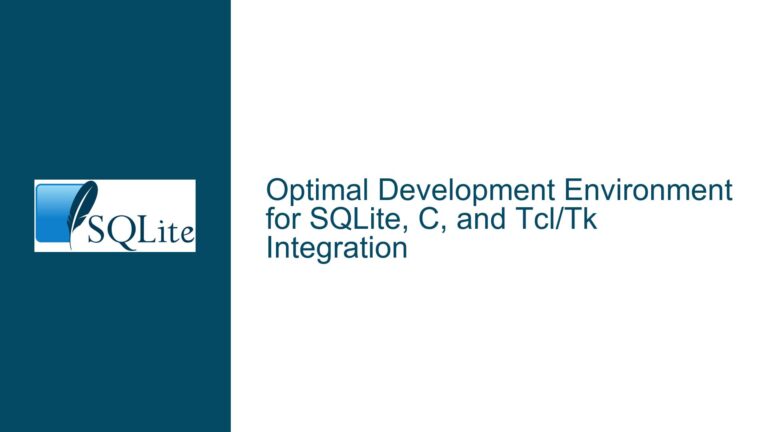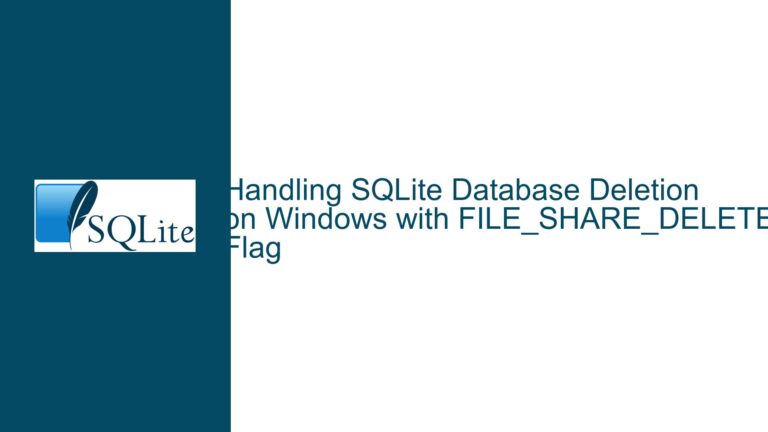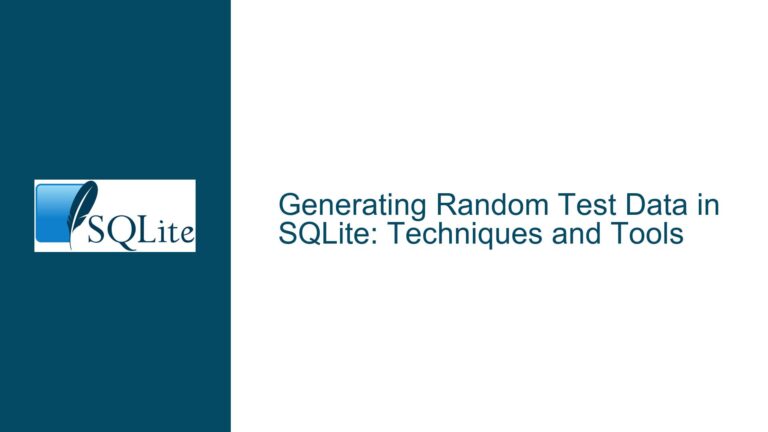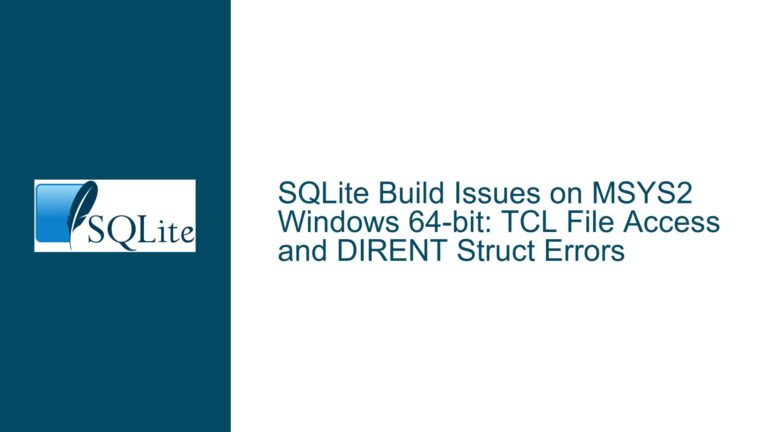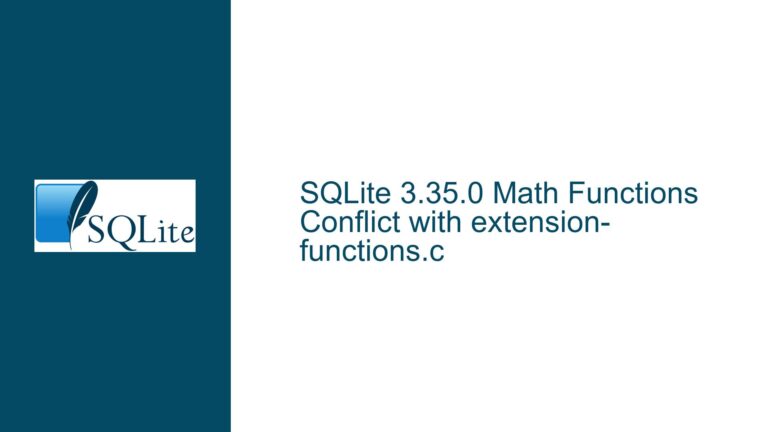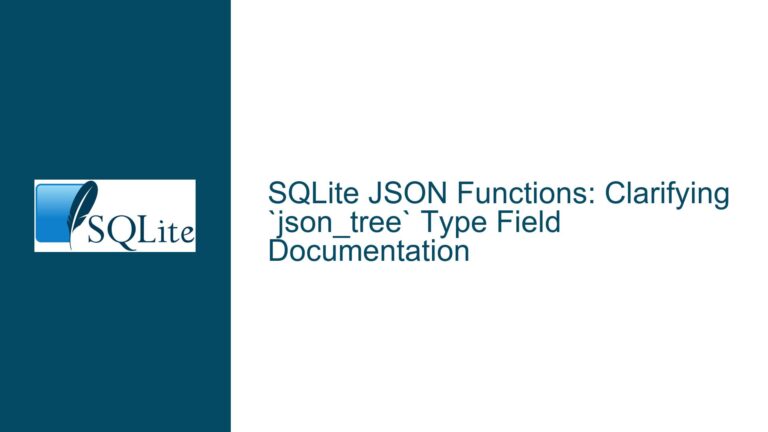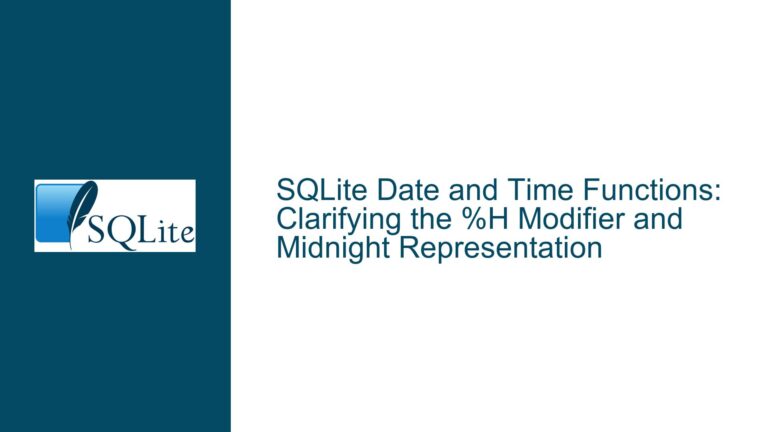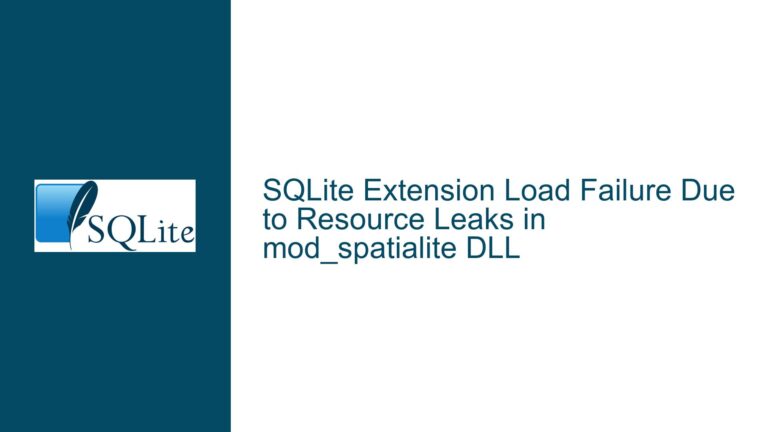Optimal Development Environment for SQLite, C, and Tcl/Tk Integration
Choosing the Right Operating System for SQLite, C, and Tcl/Tk Development When embarking on a project that involves SQLite, C, and Tcl/Tk, one of the first decisions you need to make is selecting the appropriate operating system. This choice can significantly impact your development workflow, the tools available to you, and the overall efficiency of…
